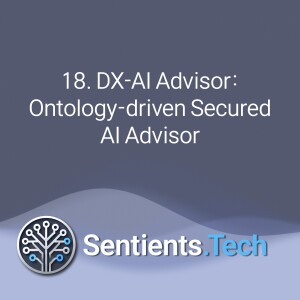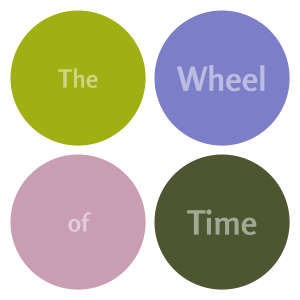

Main Topic: The podcast explores the challenge of extracting reliable insights from large volumes of documents (PDFs, Word docs, PowerPoints, etc.) and introduces an AI-driven solution, specifically focusing on an approach using ontologies for enhanced reliability, context-awareness, and precision, particularly exemplified by a prototype called the DX AI Advisor working with Gemma 3 models.
Problem Addressed:
-
Information overload ("drowning in documents").
-
Difficulty in extracting specific, key insights accurately and reliably.
-
Standard search methods (like basic vector search) might lack deep contextual understanding and relationship awareness.
Proposed Solution & Key Concepts:
-
AI Advisor for Documents: An AI system designed to act as a personal assistant or expert, sifting through documents to provide specific, needed information (e.g., competitor analysis, market trends, industry shifts).
-
Ontology-Driven Approach: This is the core innovation discussed.
-
What it is: An ontology is described as a structured "map of knowledge" or "knowledge graph."
-
How it's built: The AI (like the DX AI Advisor) parses documents, uses a Large Language Model (LLM like Gemma 3) to identify key entities (concepts, companies, people, etc.) and the relationships between them. This forms the ontology, often stored in a standard format (like TTL).
-
Why it's better: Unlike just looking for keyword or semantic similarity (like basic vector search), the ontology understands the context and how things are connected.
-
-
DX AI Advisor Prototype:
-
Takes various document types as input.
-
Parses text and uses an LLM (Gemma 3) to build the ontology and create embeddings.
-
Stores embeddings in a vector database (Faiss) for semantic search.
-
An "AI Advisor Agent" orchestrates the process, using boththe ontology and the vector database to answer questions and generate reports.
-
-
Comparison of Search Methods:
-
Vector Search: Finds semantically similar text chunks (good baseline).
-
Ontology Search: Allows precise queries based on relationships (e.g., "competitors of X," "products related to trend Y"), filtering by entity types and connections.
-
-
Reliability Advantages of Ontologies:
-
Contextual Awareness: Understands meaning within context.
-
Reasoning: Can infer implicit connections.
-
Transparency: Allows tracing answers back to evidence via the structured ontology.
-
Consistency: Provides a consistent knowledge representation.
-
Scalability: Can grow as more documents are added.
-
Specific Use Cases & Features:
-
Secure Environments: The DX AI Advisor is designed to work with smaller, efficient models like Gemma 3 and can run locally (using tools like Ollama), keeping sensitive data secure.
-
Precise Q&A: Answers highly specific questions about relationships within the documents.
-
Trend Analysis Reports: Generates structured, evidence-based reports automatically, flowing logically based on the ontology's relationships, not just listing points.
Conclusion: The ontology-driven approach offers a significant step forward in creating reliable, context-aware AI tools for document analysis, especially valuable for researchers, analysts, and R&D professionals, particularly in secure or resource-constrained environments. It moves beyond simple information retrieval to deeper understanding and reasoning. The podcast concludes by asking listeners to consider other fields where this ontology-based approach could be beneficial.
More Episodes
All Episodes>>Create Your Podcast In Minutes
- Full-featured podcast site
- Unlimited storage and bandwidth
- Comprehensive podcast stats
- Distribute to Apple Podcasts, Spotify, and more
- Make money with your podcast












